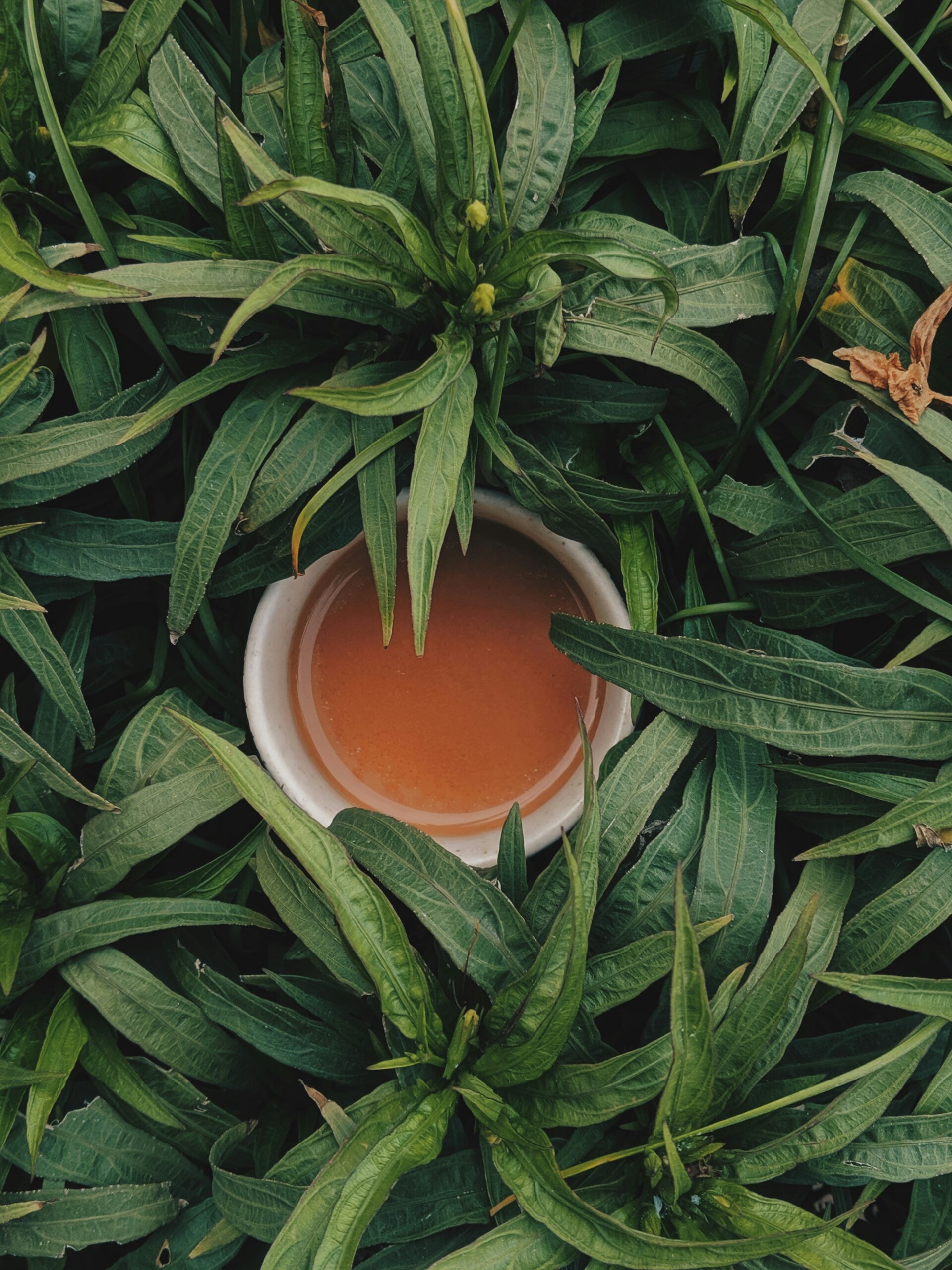Our Location
304 North Cardinal St.
Dorchester Center, MA 02124

The centuries-old rivalry between tea and coffee continues to captivate beverage enthusiasts. Faced with these “twin stars” of the drink world, how do you determine which better aligns with your health goals? Through scientific comparison, we reveal why tea emerges as the clear winner—a conclusion that might just make you smile!
✔ Gentle energy without jitters
✔ Superior antioxidant profile
✔ Enhanced hydration efficiency
✔ Natural stress relief & focus
✔ Digestive system support
Caffeine content is the defining difference. A standard coffee cup delivers ~95mg caffeine, while tea ranges from 20-60mg depending on type and brewing (black > oolong > green > white). Excessive caffeine often triggers palpitations, whereas tea’s unique L-theanine synergizes with caffeine to create an “alert relaxation” effect—maintaining 4-6 hours of steady focus without coffee’s nerve-jangling crashes.
Both beverages are antioxidant powerhouses, but tea (especially green tea) contains exceptional catechins like Epigallocatechin Gallate (EGCG). Clinical studies confirm EGCG’s excellence in cardiovascular protection and cancer cell inhibition. While coffee’s chlorogenic acid has antioxidant properties, its bioavailability and targeted health benefits trail behind tea polyphenols.
Coffee’s diuretic effect may exacerbate dehydration, particularly for athletes or those in dry climates. Tea (especially herbal infusions and cold-brewed varieties) matches bodily fluid osmotic pressure, optimizing hydration. Notably, substituting water with lightly brewed tea improves hydration retention by ~23% (Journal of Food Science & Nutrition).
Tea’s L-theanine stimulates alpha brain waves—typically observed during deep meditation—achieving “relaxed alertness.” Conversely, caffeine spikes cortisol; chronic overconsumption may lower anxiety thresholds. Tohoku University research shows daily tea drinkers have 17-23% lower stress hormones than coffee devotees.
Gingerol in lemon-ginger tea and menthol in peppermint tea soothe gastrointestinal spasms while stimulating digestive enzymes. In contrast, coffee’s acidic compounds and cafestol may trigger excessive gastric acid, particularly problematic for GERD patients. Gastrointestinal Medicine reports 41% average reduction in dyspepsia among tea adopters with sensitive digestion.
When evaluating long-term health strategies, tea demonstrates comprehensive advantages: intelligent caffeine modulation, gentle gastrointestinal care, cellular-level hydration, and scientific stress management. Whether for morning vitality, afternoon focus, or evening relaxation—there’s always a perfect cup aligning with your needs.
☕ Energy Boosters:
Jasmine Green Tea | Matcha | Lemon Cream Black Tea
🧘 Stress Relief:
Zen Blend Herbal Tea | Nighttime Calm Infusion
🍵 Digestive Support:
Lemon Ginger Tea | Peppermint Chamomile Blend